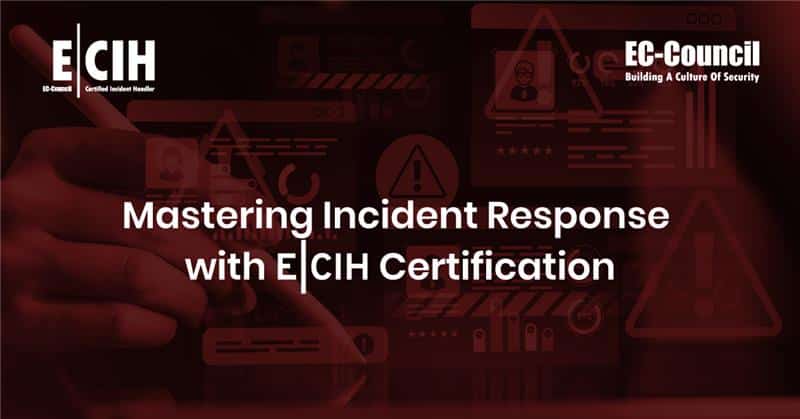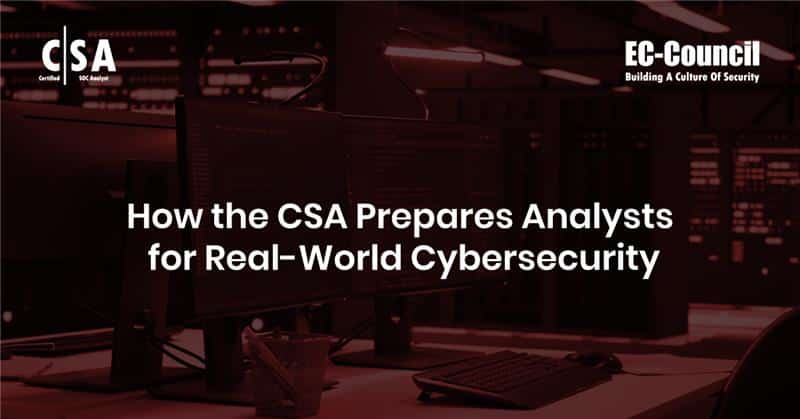How to Become a DevSecOps Consultant: Skills, Career Path, and Job Rol
The DevOps market surpassed USD 8 billion in 2022 and is expected to grow at a CAGR of 20% from 2023 to 2032, influenced by the demand to shorten software development lifecycles (SDLC) and speed up their delivery process (Global Market Insights, 2023). DevOps streamlines everything from code creation to deployment, delivering the best quality software.
However, as digital threats evolve, integrating security within the software development process is crucial. This is where DevSecOps consultants come in. DevSecOps, which stands for Development, Security, and Operations, integrates security testing into the various stages of the DevOps process, ensuring that security is a continuous responsibility throughout the SDLC.
By promoting collaboration between developers, security experts, and other team members, along with consistently embedding security practices, DevSecOps helps identify and mitigate vulnerabilities to create secure and well-rounded software.
Who Is a DevSecOps Consultant
A DevSecOps consultant specializes in addressing critical security aspects of DevOps and modern software development frameworks. They play a pivotal role in integrating security practices into the DevOps pipeline, ensuring that security is embedded throughout the SDLC to minimize vulnerabilities and risks. Their expertise encompasses knowledge of automation tools, security testing methodologies, and regulatory requirements. DevSecOps consultants collaborate closely with both DevOps and the security teams, driving security enhancements with effective planning and outcome analysis.
Now that we have a basic understanding, let’s explore their key roles and responsibilities in more detail.
The Key Roles and Responsibilities of a DevSecOps Consultant
The DevSecOps consultant majorly contributes to DevOps processes and modern software architectures, particularly within CI/CD pipelines and production runtime environments. Typically, individuals who pursue a career as a DevSecOps consultant have a strong background in software development, IT operations, and cybersecurity. Their everyday tasks and major roles and responsibilities revolve around the following areas:
- Leveraging security tools in the DevOps and security domains, ensuring their effective implementation and utilization.
- Embedding security practices and tools seamlessly into the SDLC to enhance overall security.
- Automating development pipelines while focusing on critical measures for overall security validation and testing.
- Training teams in top security practices, ensuring everyone understands their role in keeping systems secure.
- Ensuring regulatory compliance by adhering to established security standards and guidelines.
- Promoting a cooperative approach to security management and bringing together cross-functional teams.
- Advising on secure development and operational practices, helping to implement the best tactics.
Integrating Security Across the DevOps Pipeline
DevSecOps consultants are important in the SDLC as they embed security practices at every stage of development, from planning to post-deployment. They conduct thorough risk assessments, automate security testing, perform code reviews, and detect threats. They also utilize specific tools and technologies to implement security controls appropriately. Additionally, they offer significant insights into the best practices and compliance requirements, emphasizing that security is a fundamental part of the SDLC. This holistic approach enhances the security framework of applications and systems while promoting security awareness and teamwork throughout.
The Must-Have Skills for Becoming a DevSecOps Consultant
To excel in the role, the consultant should be proficient in diverse skills that span across development, operations, and security. A few of them include:
- Automation Skills and Expertise: A DevSecOps consultant should be well-versed in diverse automation tools and frameworks, such as Jenkins, Ansible, etc., for quick and reliable development and deployment within CI/CD pipelines.
- Familiarity with Coding Principles: A solid foothold in coding and scripting languages such as Java, Python, Bash, Shell, etc., is essential for writing code as solutions to automate pipeline stages and optimize the team’s overall workflow.
- Knowledge of Security Testing: Expertise in security testing methodologies, along with knowledge of relevant penetration testing and continuous security testing tools, aids in delivering end products quickly while ensuring high software quality.
- Understanding of DevOps Tools and Technologies: Expertise in DevOps tools and technologies such as GitLab CI, Docker, Kubernetes, and more supports a hassle-free integration of security measures into the DevOps pipeline.
- Compliance and Regulatory Awareness: Awareness of important industry standards and requirements, like GDPR, HIPAA, and SOC 2, is crucial for ensuring security practices meet legal and industry benchmarks.
- Collaboration and Communication: Dedicated teamwork, effective communication skills, and strong collaboration with cross-functional team members are significant to achieving security goals and promoting a well-rounded security culture.
- Continuous Upgradation and Learning: Staying updated on the latest security trends, tools, technologies, and advancements and continuously learning and upgrading skills are essential to succeed as a DevSecOps consultant.
Career Path
Becoming a DevSecOps consultant is a step-by-step process that involves gaining education, hands-on experience, and specialized training through professional certifications. As of 2024, around 47% of organizations reported utilizing DevOps or DevSecOps practices for software development. The main reasons included (Vailshery, 2024):- Quicker time to marketImproved security
- Enhanced code quality
- Better collaboration with developers








